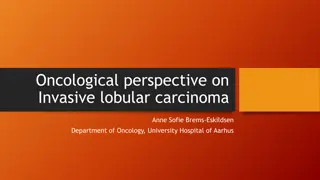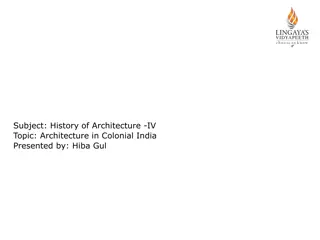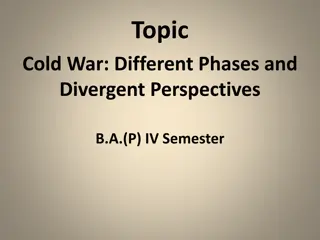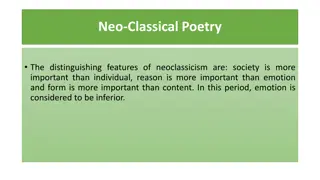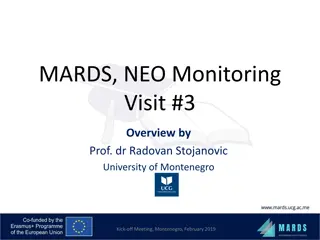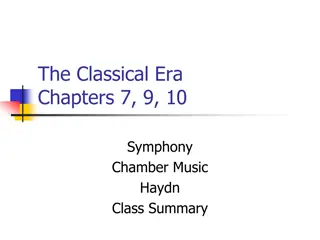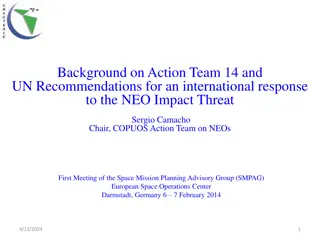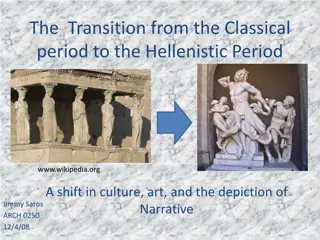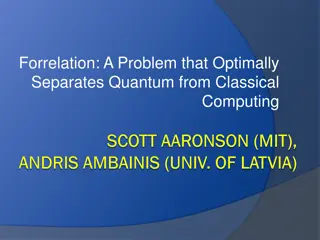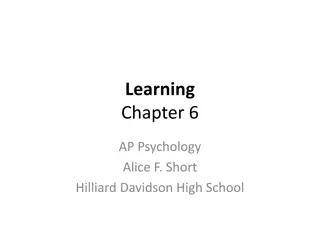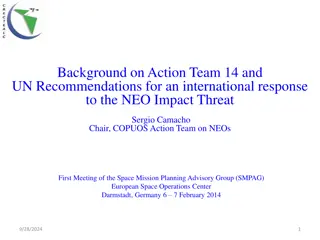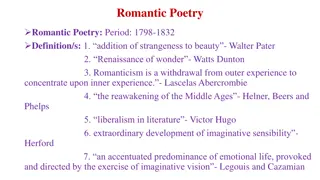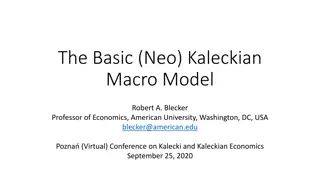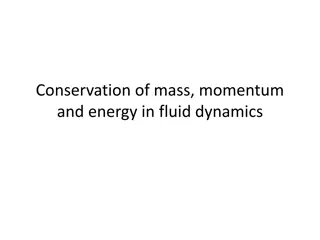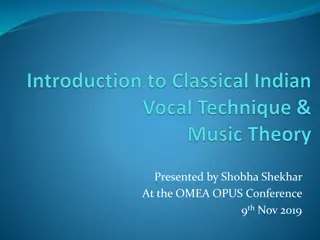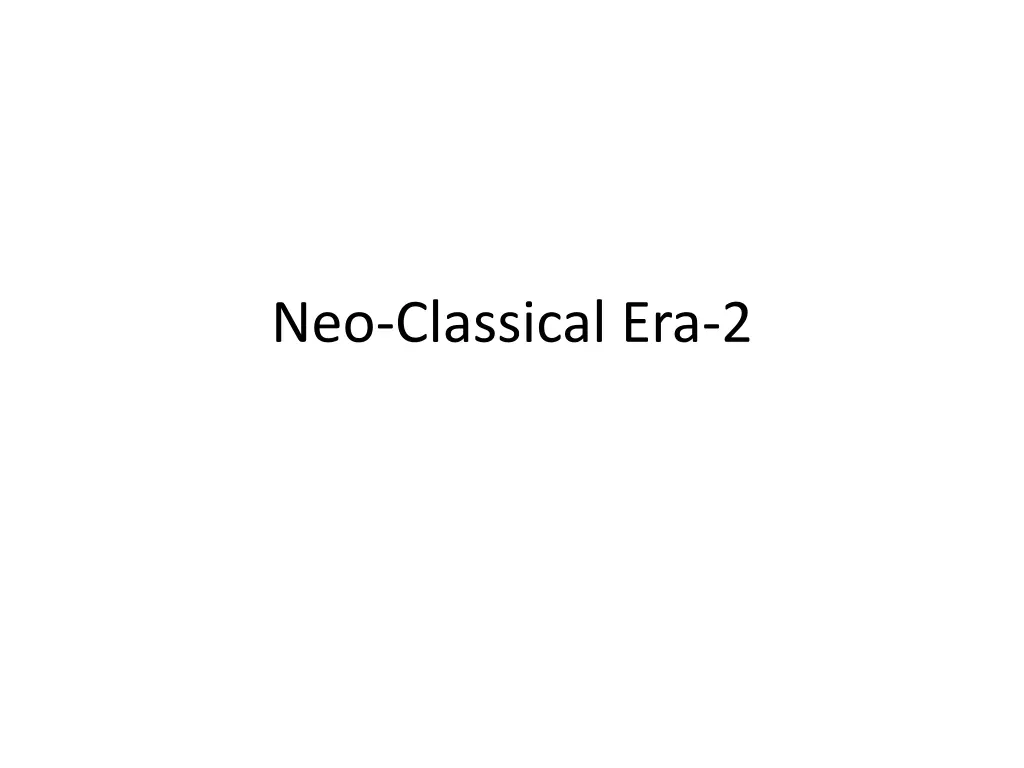
John Williams: Legendary Film Composer and Conductor
Dive into the world of John Williams, the iconic film composer known for his work in blockbuster movies like Star Wars, Jaws, and E.T. Learn about his illustrious career, accolades, and unique musical style that blends classical and jazz elements. Explore his diverse filmography and contributions to the world of music.
Download Presentation

Please find below an Image/Link to download the presentation.
The content on the website is provided AS IS for your information and personal use only. It may not be sold, licensed, or shared on other websites without obtaining consent from the author. If you encounter any issues during the download, it is possible that the publisher has removed the file from their server.
You are allowed to download the files provided on this website for personal or commercial use, subject to the condition that they are used lawfully. All files are the property of their respective owners.
The content on the website is provided AS IS for your information and personal use only. It may not be sold, licensed, or shared on other websites without obtaining consent from the author.
E N D
Presentation Transcript
John Williams Most well-known film composer Served in the Air Force, attended Julliard Worked as a pianist for film and tv studios to get his start Early film scores were for comedies
John Williams First Oscar in 1971: Orchestrating & Adapting Fiddler on the Roof 1972: The Poseidon Adventure earned him a reputation for disaster films - Led to Jaws & working with Stephen Spielberg
John Williams Has 5 Best Music Oscars (nominated for 48) Serves as principal conductor for the Boston Pops Orchestra Can use both classical and jazz styles Known for borrowing from other composers and from himself Interview w/ John Williams
1967: Valley of the Dolls 1971: Fiddler on the Roof 1972: The Poseidon Adventure 1975: Jaws 1977: Close Encounters of a Third Kind 1977: Star Wars 1978: Superman: The Movie 1980: The Empire Strikes Back 1981: Raiders of the Lost Ark 1982: E.T.: the Extra- Terrestrial 1983: Return of the Jedi 1990: Home Alone 1991: JFK 1991: Hook 1993: Schindler s List 1993: Jurassic Park 1998: Saving Private Ryan 1999: The Phantom Menace 2001: Harry Potter 2001: Artificial Intelligence: A.I. 2002: Attack of the Clones 2002: Catch Me if You Can 2004: Prisoner of Azkaban 2005: Memoirs of a Geisha 2005: War of the Worlds 2011: War Horse 2011: Lincoln 2013: The Book Thief
E.T. the Extra Terrestrial Opening 2. Getting Drunk 3.Saving the Frogs 4. E.T. Phone Home 5 6. 7. 8. 9. 10.
Non-Symphonic Scores: Post-Star Wars Popular Music Scores Used disco as the preferred form of pop music Saturday Night Fever(1977) Soundtrack by Bee Gees sold over 30 million copies Film brought Disco into the mainstream Story about a dancer provided many spots for music
Eclectic Scores Apocalypse Now (1979) Deals with why we lost the Vietnam War Uses a wide range of music to show different view points The End by The Doors used in the intro Why: Satisfaction by the Rolling Stones Why: Ride of the Valkyries by Wagner Why:
Adapted Scores The Shining(1980) Uses classical music from the 20th century Music is edited to support the drama (cuts, deletions, extensions) Film was also edited to fit the music
Amadeus (1984) One of the most highly regarded films of the 80s Follows Mozart s life through the eyes of the jealous Salieri All music in the film is Mozart s: used as source music and underscoring
Neoclassical scores Jaws Star Wars John Willams significance John Williams style Star Wars themes E.T. Adapted Scores Eclectic Scores Synthesized Scores Popular Music Scores Americana Exotic Locations

